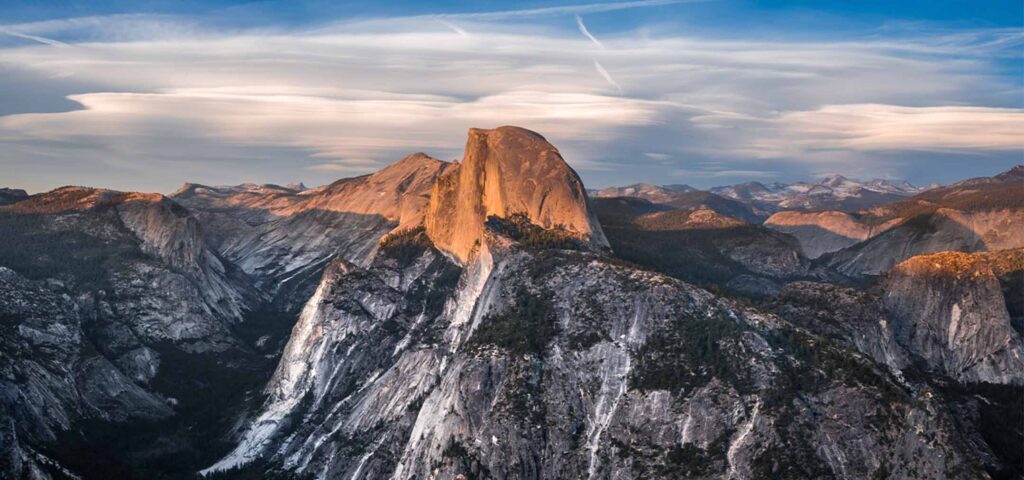The Yosemite National Park: A Timeless Natural Masterpiece (Established on 26th September 1890)
Introduction
September 26 is a day of significant historical narrative, encapsulated by the establishment of Yosemite National Park. On this day in 1890, U.S. Congress passed the legislation that founded Yosemite National Park, turning an extraordinary Californian wilderness into a protected national heritage. The one well-researched, informative, engaging event for this date is the establishment of the Yosemite National Park – a story of foresight, preservation, and most importantly, a love for nature.

Historical Background
Yosemite National Park, famous for its giant sequoia trees, stunning waterfalls, and the sublime granite cliff of Half Dome and El Capitan, has its roots in the history of 1890. Before its formal establishment, the park’s majestic landscapes and natural beauty were inhabited and revered by Native Americans, specifically, the Southern Sierra Miwok Indians. It wasn’t until the mid-19th century when America’s westward expansion led to increasing encroachment on these wild landscapes, spawning the idea of preservation.
Establishment and Significance
The then U.S. President Benjamin Harrison signed the legislation on 26th September 1890, officially designating the land encompassing Yosemite Valley and the Mariposa Grove of Giant Sequoias as a national park. This marked a significant milestone in the history of conservation, making it one of America’s first wilderness parks, and setting a precedent for the national park concept globally.
Interesting Facts for Kids
1. Yosemite National Park is about the size of Rhode Island, covering an area of 3,027 square kilometers!
2. The largest waterfall in North America, Yosemite Falls, is in this park. It includes three separate falls and the total drop is about 2,425 feet!
3. The park is home to more than 400 species of animals.
4. The giant sequoia trees in Yosemite are among the largest and oldest trees in the world. Some stand almost 300 feet high and are over 3,000 years old!
Educational Activities for Kids
1. Have a park-inspired drawing session: Encourage children to draw the park’s landmarks, such as Half Dome, El Capitan, and the sequoia trees.
2. Conduct a flora and fauna research project: Task children with researching a specific plant or animal species found in the park.
3. Explore the Miwok Culture: Teach children about the Native American tribes who originally inhabited Yosemite.
Conclusion
Yosemite National Park stands as a testament to the spirit of preservation and respect for the grandeur of nature that has been integral to America’s heritage. Its creation on September 26, 1890, remains a milestone in the global movement of environmental protection. This date prompts us to reflect on the value and importance of conserving our natural wonders for future generations to delight in.
References
1. Runte, Alfred (1990). Yosemite: The Embattled Wilderness. University of Nebraska Press.
2. Schaffer, Jeffrey P. (1999). Yosemite National Park: A Complete Hiker’s Guide. Wilderness Press.
3. Hart, John L. (1987). The Wilderness World of John Muir. Houghton Mifflin Company.
By understanding the significance of this day and the landmark event it represents, we can foster a deeper appreciation for our shared history and the natural wonders that make our world extraordinary.







What do you think?
Show comments / Leave a comment